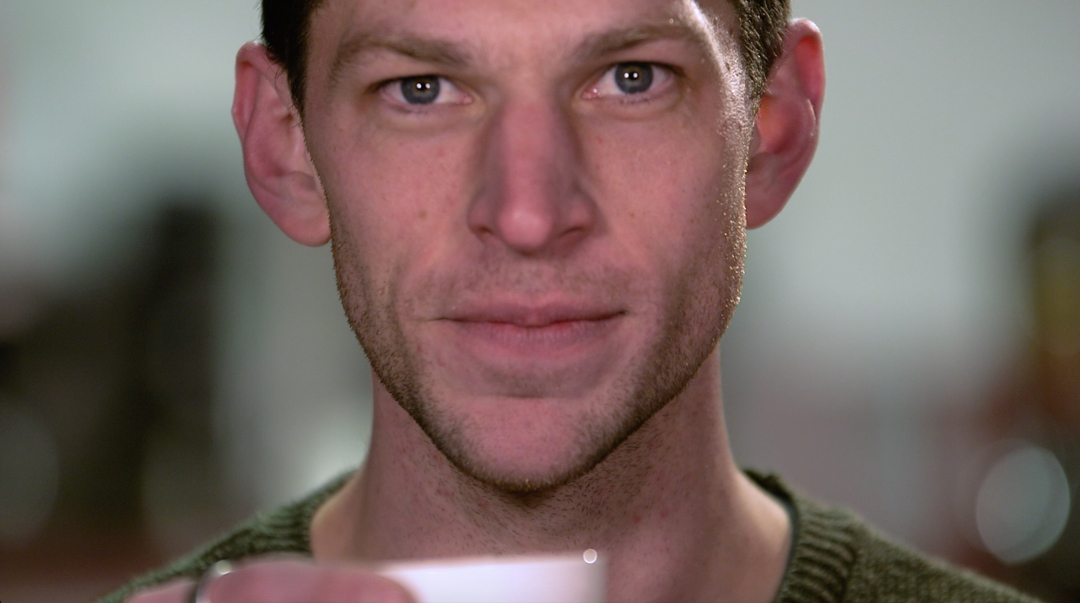
Episode 470 on Monday the 13th of November, 2017. El Salvador Finca Las Brumas Washed SL 28
 2017-11-11
2017-11-11
Juan Jose Ernesto 'Neto' Menéndez Argüello belongs to the fourth generation of coffee farmers in his family. His father died in 1995. After completing his studies at university, Neto had the opportunity to start working in the coffee industry at J. Hill & Cia, in 2000. He left J. Hill & Cia after five years, and began his second coffee experience at JASAL.
Both companies gave him the opportunity to meet 'Grano de Oro' from another perspective, allowing him to learn the art and passion of cupping. He says those are very important in his life, and that they give him the opportunity to apply his coffee knowledge and experience that he's gained through the years.
During his time in the coffee world, he has participated in various events like the Cup of Excellence (National Jury from 2003 to 2011), Q Auction, Q Grader, and the Star Cupper program organised by SCAA and CQI.
The farm, Las Brumas, is located between 45 to 60 minutes from Santa Ana city. It has a cultivated area of 60 hectares' worth of coffee yield, all of which is at an altitude ranging from 1,450 to 1,700 m.a.s.l. It produces around 600 bags of coffee each year, and has an area of 35 hectares of virgin mountain at an altitude from 1,700 to 2,000 m.a.s.l.
The farm is located in the Sonsonate department near the area known as San Blas. Las Brumas has very rich volcanic soil, deep and very fertile, which has been generated by different Ilamatepec and Izalco volcanic eruptions throughout its history.
One of the most important elements is the micro climate. It's very misty at the farm for most of the year, and that's why Neto decided to name the farm Finca Las Brumas. This amazing micro climate is generated when the warm air from the Pacific ocean collides with the high peaks of the Volcanoes Park (which comprises of the Santa Ana, Cerro Verde and Izalco volcanoes).
Due to its location between these three famous volcanoes in El Salvador, this unique micro climate reduces the amount of daylight that the coffee trees receive. This helps the coffee trees have a very slow photosynthesis, improving the maturation process, and this in turn improves some attributes that are closely related to maturity, like the aroma, sweetness, acidity and flavour.
In the cup this starts of as a regular El Salvadorian coffee. But it’s only as it develops and you get red wine, a big body and an orange juice like acidity that’s fresh and juicy.
- Country: El Salvador
- Department: Sonsonate
- Nearest city: Santa Ana
- Farm: Finca Las Brumas
- Farmer: Juan Jose Ernesto 'Neto' Menéndez Argüello
- Altitude: 1,450–1,700 m.a.s.l. / 1,700–2,000 m.a.s.l.
- Variety: SL 28
- Processing system: Washed
More Episodes
 2021-06-05
2021-06-05
 2021-05-29
2021-05-29
 2021-05-15
2021-05-15
 2021-05-08
2021-05-08
 2021-05-01
2021-05-01
 2021-04-17
2021-04-17
 2021-04-10
2021-04-10
 2021-03-27
2021-03-27
 2021-02-06
2021-02-06
Create your
podcast in
minutes
- Full-featured podcast site
- Unlimited storage and bandwidth
- Comprehensive podcast stats
- Distribute to Apple Podcasts, Spotify, and more
- Make money with your podcast
It is Free
- Privacy Policy
- Cookie Policy
- Terms of Use
- Consent Preferences
- Copyright © 2015-2024 Podbean.com





